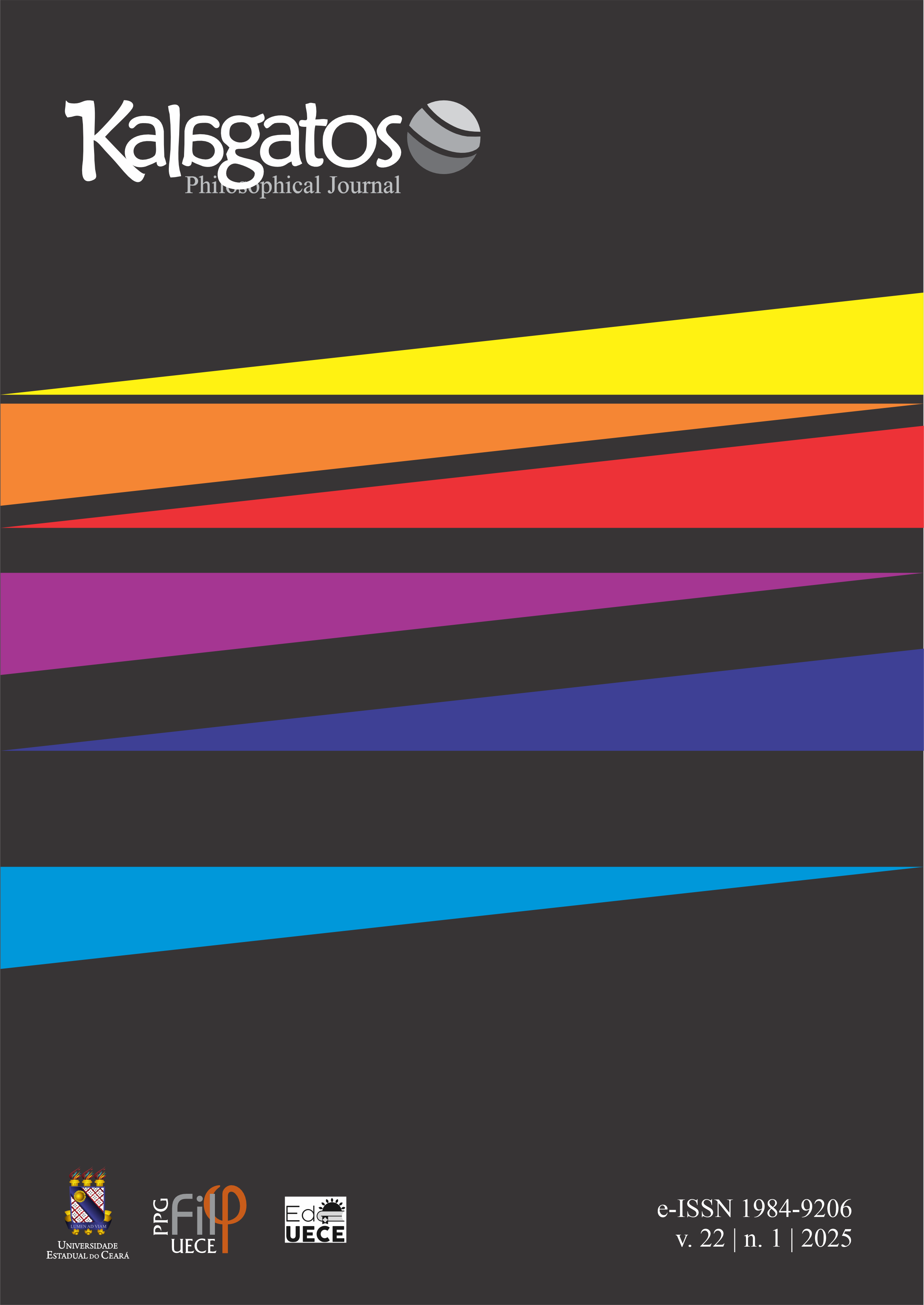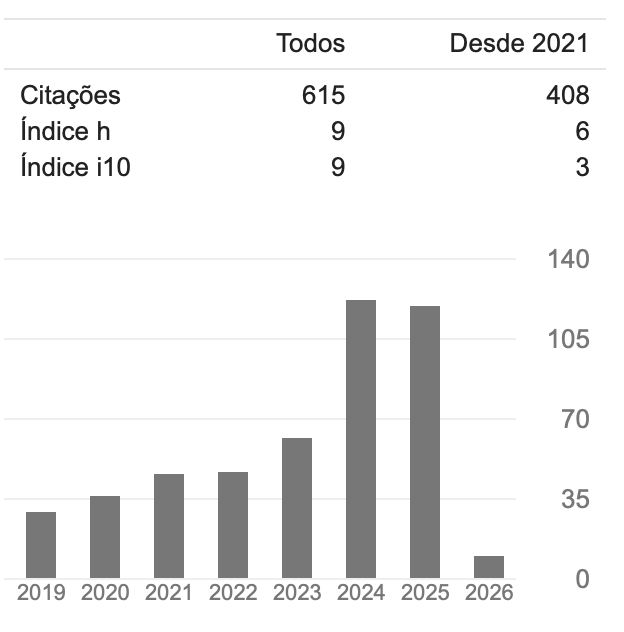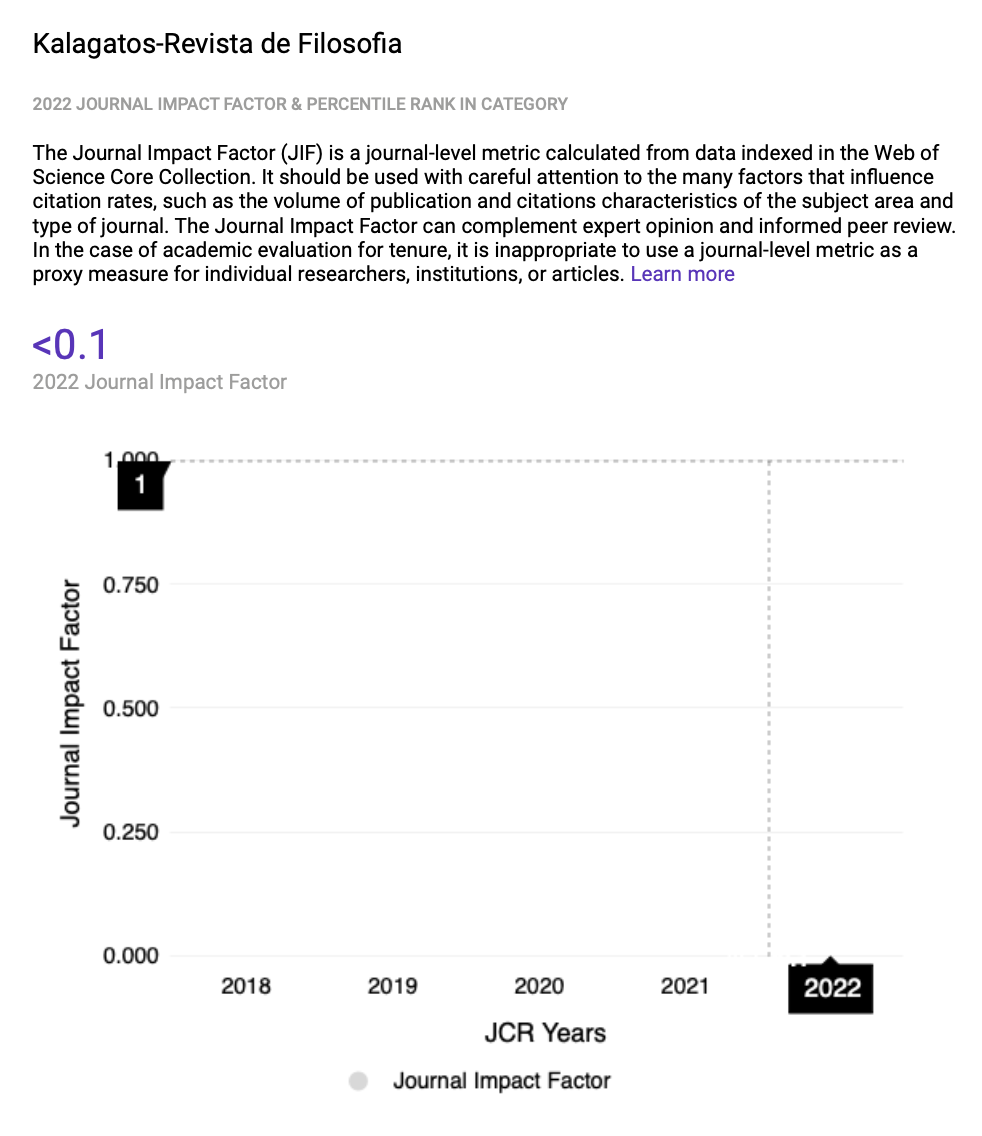Marx and Ho Chi Minh on Educating the Young Generation: Ideological Values for the 21st Century
DOI:
https://doi.org/10.52521/kg.v22i1.14642Palavras-chave:
Youth Education, Marxist Philosophy, Ho Chi Minh Thought, Social Responsibility, Globalization ChallengesResumo
Marxist philosophy and Ho Chi Minh's thoughts on youth education are pivotal for guiding the holistic development of young generations across historical periods, particularly today. Marx viewed education as a dual-purpose tool for imparting knowledge and fostering human liberation and societal progress. Ho Chi Minh emphasized youth as the "pillars of the nation," advocating for education that nurtures moral, intellectual, physical, and spiritual growth. These values remain vital in the face of rapid technological advancements, globalization, and social complexities. Effective youth education must integrate practical experiences, critical thinking, creativity, and social responsibility. Moreover, embedding humanistic values, patriotism, and self-reliance within the curriculum guided by Ho Chi Minh's ideals enhances its impact. Aligning educational strategies with Marxist and Ho Chi Minh’s principles, we can cultivate well-rounded individuals and global citizens capable of addressing the demands of the modern era.
Downloads
Referências
Cole, M. (2019). Marxism and educational theory: Origins and issues. Routledge.
Hall, R., Accioly, I., & Szadkowski, K. (2023). Marxism and education beyond critique: Imagining alternatives in the 21st century. Springer.
Ho Chi Minh. (2011). Selected works of Ho Chi Minh (Vol. 4, 5, 9, 10, 14). Hanoi: National Political Publishing House.
Kelly, T. P. (2023). Civil society organizations serving children in Vietnam: Opportunities and constraints working with government agencies (Doctoral dissertation). City University of New York.
Le, N. T. T. (2024). Unveiling peace: Exploring Vietnam’s primary school curriculum. In what ways is peace education presented within the current primary school curriculum in Vietnam? (Master's thesis). Oslo Metropolitan University.
Marx, K., & Engels, F. (1967). The communist manifesto (1848). Penguin Books.
Marx, K., & Engels, F. (1975). Marx & Engels collected works Vol. 03: Marx: 1835–1843. Lawrence & Wishart.
Marx, K. (1976). Theses on Feuerbach. In Collected Works, Volume 5 (pp. 6–8). Progress Publishers.
Marx, K. (1976). Wages. In Collected Works, Volume 6 (pp. 425–430). Progress Publishers.
Marx, K. (1976). Critique of the Gotha program. In Collected Works, Volume 24 (pp. 25–40). Progress Publishers.
Marx, K., & Engels, F. (1978). The Marx-Engels reader (2nd ed., edited by R. C. Tucker). W. W. Norton & Company.
Nguyen, H. N. T. (2024). Educating a new generation: Blending traditional and contemporary standards for Vietnamese youth. Cadernos de Educação Tecnologia e Sociedade, 17(se2), 158–169.
Vu, T. D. T., Huy, D. T. N., Trang, N. T. H., & Thach, N. N. (2021). Human education and educational issues for society and economy—Case in emerging markets including Vietnam. Ilkogretim Online, 20(2).
Downloads
Publicado
Como Citar
Edição
Seção
Licença
Copyright (c) 2025 Xuan Dung Bui

Este trabalho está licenciado sob uma licença Creative Commons Attribution 4.0 International License.



















